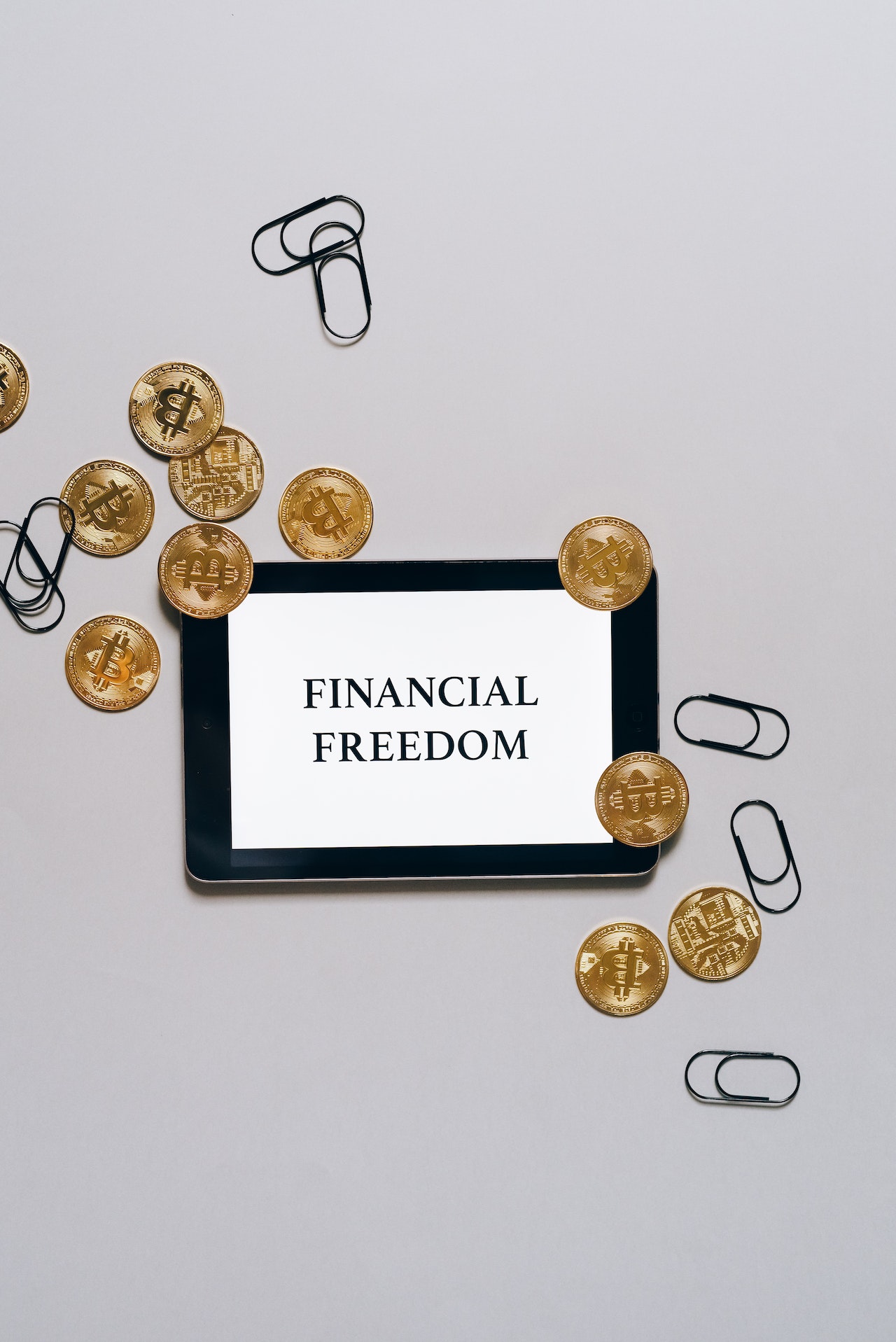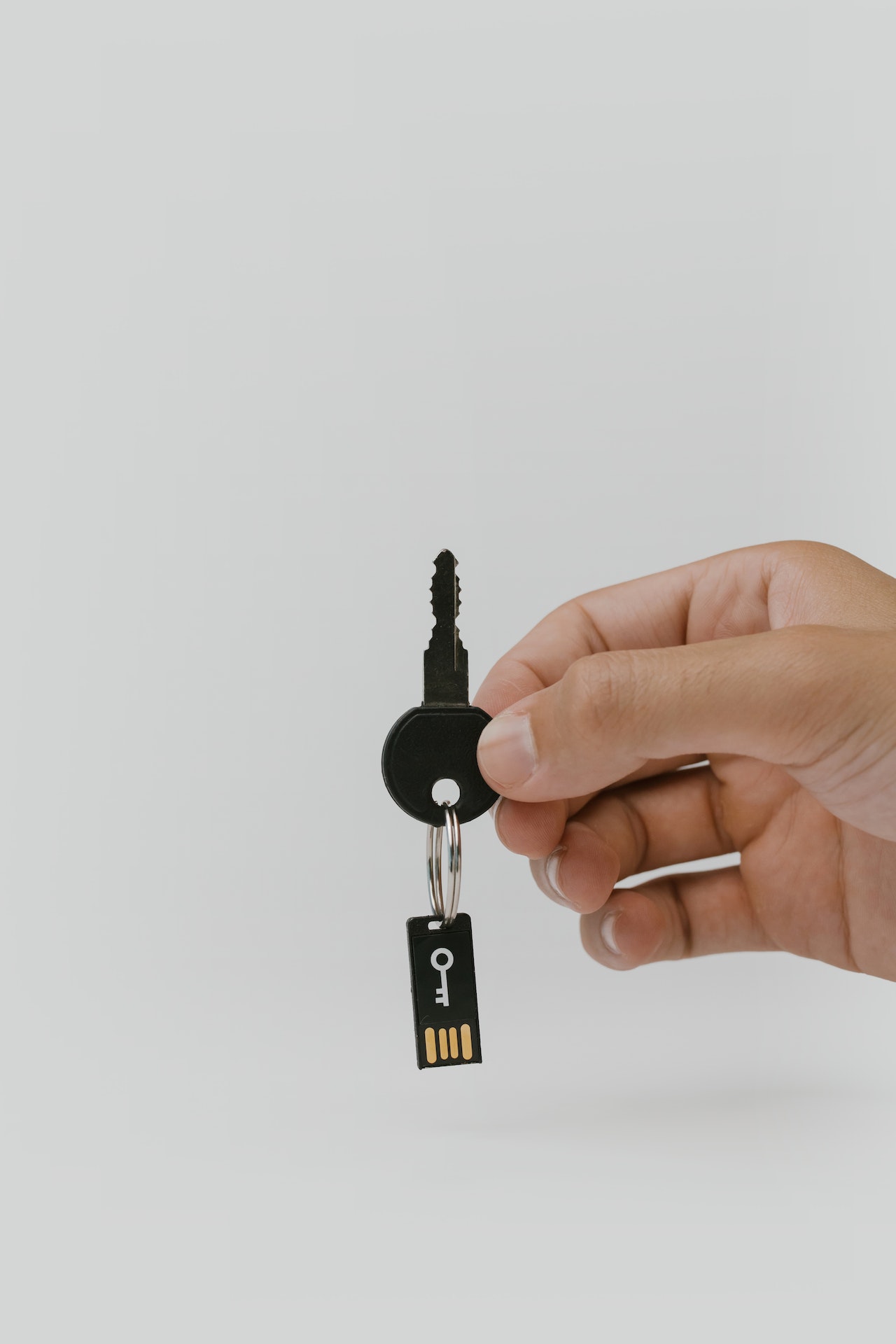In recent years, the cryptocurrency world has exploded in popularity, attracting legions of new investors and traders eager to ride the wave of a new financial frontier.
Unfortunately, with this rise in popularity comes an increase in online threats, such as hacks and scams that can leave unsuspecting investors out of pocket. Crypto thefts alone amounted to over $3.8 billion in 2022, highlighting the need for investors to take action to protect their digital assets.
This blog post will provide practical steps to safeguard yourself against these dangers.
1. Use Strong Passwords And Two-Factor Authentication (2FA)
Strong passwords are needed for online accounts, especially financial ones. Hackers can easily guess weak passwords.
2FA increases account security. 2FA requires a text message or fingerprint scan in addition to your password. This prevents account access if someone guesses your password.
Use unique passwords and enable 2FA when available. These measures will protect your cryptocurrency from hackers and scammers.

2. Use a Hardware Wallet
Hardware wallets store offline, making it harder for hackers to steal.
PIN codes and backup phrases make hardware wallets a good choice for investors. Hardware wallets can also prevent phishing attacks and fake wallets that steal private keys.
3. Keep Your Software Up To Date
Updated software protects you from cryptocurrency hacks and scams. This includes your operating system and cryptocurrency software.
Updates often include security patches for hacker vulnerabilities. Updated software lets you use the latest security measures to protect your assets. Many hacks exploit outdated software and hardware, so updating them is crucial.
Along with multi-factor authentication and avoiding suspicious websites and emails, updating your software quickly but effectively prevents crypto scams and hacks.

4. Only Use Trusted Exchanges
A trustworthy exchange can protect your funds from hackers and scammers. Research and choose a platform with a good reputation, robust security protocols, and two-factor authentication.
Unverified exchanges with tempting deals may be scams. Be cautious when using online services because your personal and financial information is at risk.
5. Do Not Give Out Personal Information
This includes your full name, address, phone number, social security number, and even your email address.
Identity thieves can use this information to steal your money. Additionally, they may use this information to access your cryptocurrency accounts or devices. Therefore, never share personal information online unless you are sure you are dealing with a legitimate and trustworthy person or organization.
Protecting your privacy is better than risking your security for convenience. Remember, protecting your personal information is crucial to crypto investment security.
Conclusion
In conclusion, the increasing prevalence of crypto hacks and scams highlights the importance of being vigilant when dealing with online transactions.
You can take proactive measures to protect yourself from potential threats by paying attention to the advice provided in this post.

